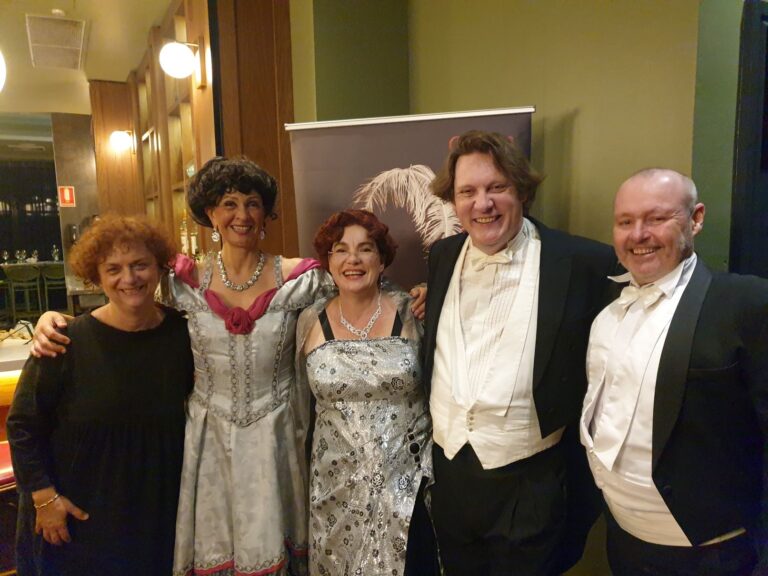
Big Bouncer is Watching You!
“Can I just have your details?” asks Mario M, the owner and operator of NightKey, before the interview gets underway. His philosophy: it’s best to know who you’re is dealing with. It’s a philosophy he developed during his 25 years in the hospitality industry, mostly running the Metropolis nightclub in Freemantle. Mario left the Metropolis in 2008, to launch NightKey, his globally patented fingerprint identification system for the hospitality industry. The system has since been installed in around 20 licensed venues around Australia including the Coogee Bay Hotel, the Lone Pine Tavern in Rooty Hill, and will be with the soon-to-be-opened Friction in Parramatta. “Offenders are quite often multiple offenders” he explains, this system helps keep them out.
Civil libertarians reacted with outrage to the systems introduction, with Cameron Murphy, President of the New South Wales Council for Civil Liberties denouncing it as an “outrageous invasion of privacy”. He goes on to say that the National Privacy Principles state that information collected by private companies should only be “relevant to delivering the service in question” and that there is “nothing about having a drink” that makes people’s fingerprints relevant. Beyond this, he warned, echoing concerns voiced by others, that there was also a “serious problem in terms of a risk of misuse”, and that “fingerprint information that’s stored there will probably be provided to third parties”. This he said, put venues that used the technology at “at enormous liability if that information is misused.”
Punters have also complained, particularly those who have paid in advance for an event or waited in a long queue to find that it has all been in vain if they object to fingerprinting.
Mario, however, insists that his company does not store finger prints, saying the “Fingerpin” that is recorded is not a digital photo of the print, but just enough information for the print to be recognized if scanned again. He goes on to assure his critics that the private data – such as the “Fingerpins”, and importantly, scans of identification containing addresses- which is stored in his company’s Perth databases, is accessible only to him, his four staff, and upon a request made by both a venue manager and a police officer. Even then, for either party to have access, an offense must have occurred within the venues premises, and the alleged offender must be identified on video surveillance. Beyond that, only the names and dates of births are available to the venues, and those not flagged are deleted after 28 days. He goes on to add that anytime the data is accessed a full “audit trail” is produced and that his books are open to the Australian Privacy Commission. He added that in his opinion it is “inevitable the biometrics will be used more and more in every industry simply because they can’t be duplicated [like physical IDs].”
Mario, however, is not dismissive of the issues raised by people like Cameron Murphy, saying to them, “I see your point”. The whole point of his system, he says, is to give venues a reliable way to keep troublemakers out that doesn’t breach the Australian Privacy Act. Beyond this he welcomed the idea of further regulation specifically regarding this kind of technology, saying a worst case scenario could develop where patrons would be asked to scan on “a laptop with a few plug-ins” posing as “a secure ID scanner”.
He goes on to extol the virtues of the system saying “it does change the way they behave” and describes it as “social engineering”.
I asked him if he was aware of the French philosopher Michael Foucault and his ideas about how increasing surveillance was at the core of modernity itself and all modern institutions. He said he wasn’t familiar with him but that he sounded like a smart guy. I didn’t bother to tell him that Foucault said the purest example of this kind of mentality was expressed in the design of the Panopticon, a kind of prison designed to make the incarcerated feel like they’re constantly under surveillance – creating a sentiment of an invisible omniscience, ensuring obedience.
By Austin Mackell









